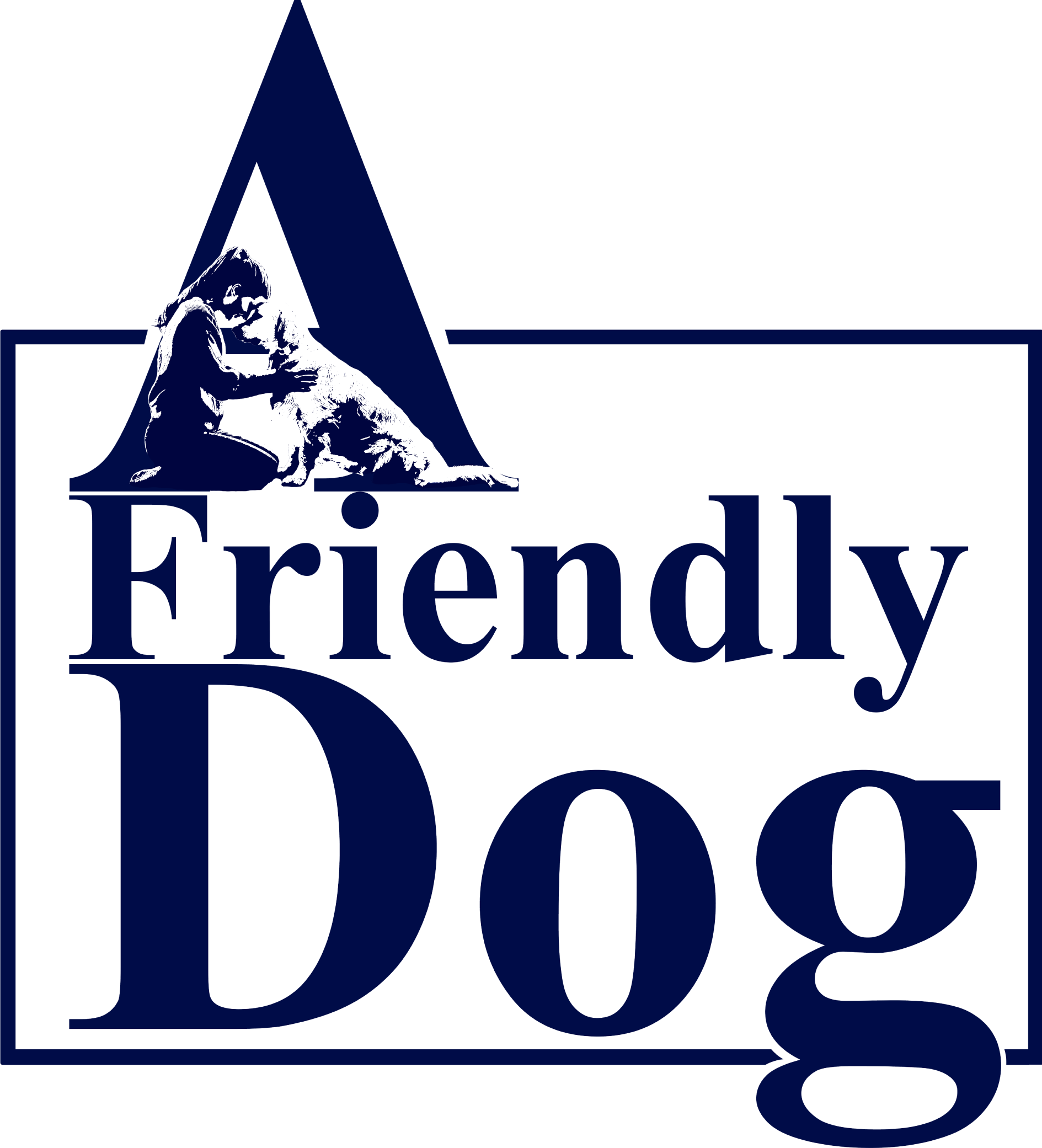Pet owners are not only purchasing more regular pet food, but many are also opting for healthier and premium-grade options for their furry family. This includes natural and holistic choices. However, understanding what qualifies as “holistic” dog food can be challenging.
If you are considering trying a dog food labeled as holistic, it is important to know what the term means, how it differs from natural dog food, and which ingredients to look for. The definition of “holistic” on dog food labels varies and lacks a universal or standard classification within the pet industry, according to Dr. Travis Arndt, director of the Animal Medical Center of Mid-America. In some cases, the term is used as a marketing strategy to attract consumers who want the best for their dogs.
Dr. Angie Krause, a veterinarian and owner of Boulder Holistic Vet, agrees that the pet food industry does not have a clear definition of “holistic.” She explains that holistic pet food generally refers to a movement towards less-processed diets with higher-quality ingredients. To ensure quality, the Association of American Feed Control Officials (AAFCO) establishes standards for animal feed and pet food, including labeling requirements.
AAFCO defines natural dog food as a feed or ingredient that comes solely from plant, animal, or mined sources. It can be in its unprocessed state or have undergone physical processing, heat processing, rendering, purification, extraction, hydrolysis, enzymolysis, or fermentation. However, it cannot be produced by or subjected to a chemically synthetic process, and it should not contain any chemically synthetic additives or processing aids, except in amounts that are considered good manufacturing practices. This means that natural dog food should be free from chemically synthesized ingredients, additives, and preservatives.
Some examples of chemically synthesized ingredients that are not allowed in natural pet food include propylene glycol, calcium ascorbate, preservatives like BHA and BHT, and artificial flavors and colors. AAFCO does allow synthetic vitamins and minerals to be included in natural pet foods. In these cases, the product’s label will indicate that the diet is “natural with added vitamins and minerals.”
However, it’s important to note that the term “holistic” does not have a formal, regulated definition. Dog foods labeled as holistic may contain some or all of the above ingredients. While the terms “natural” and “holistic” are often used together, they are not interchangeable. The term “natural” carries more weight because it is regulated and ensures that ingredients come from natural sources. On the other hand, there is no regulation for claims of being “holistic.”

